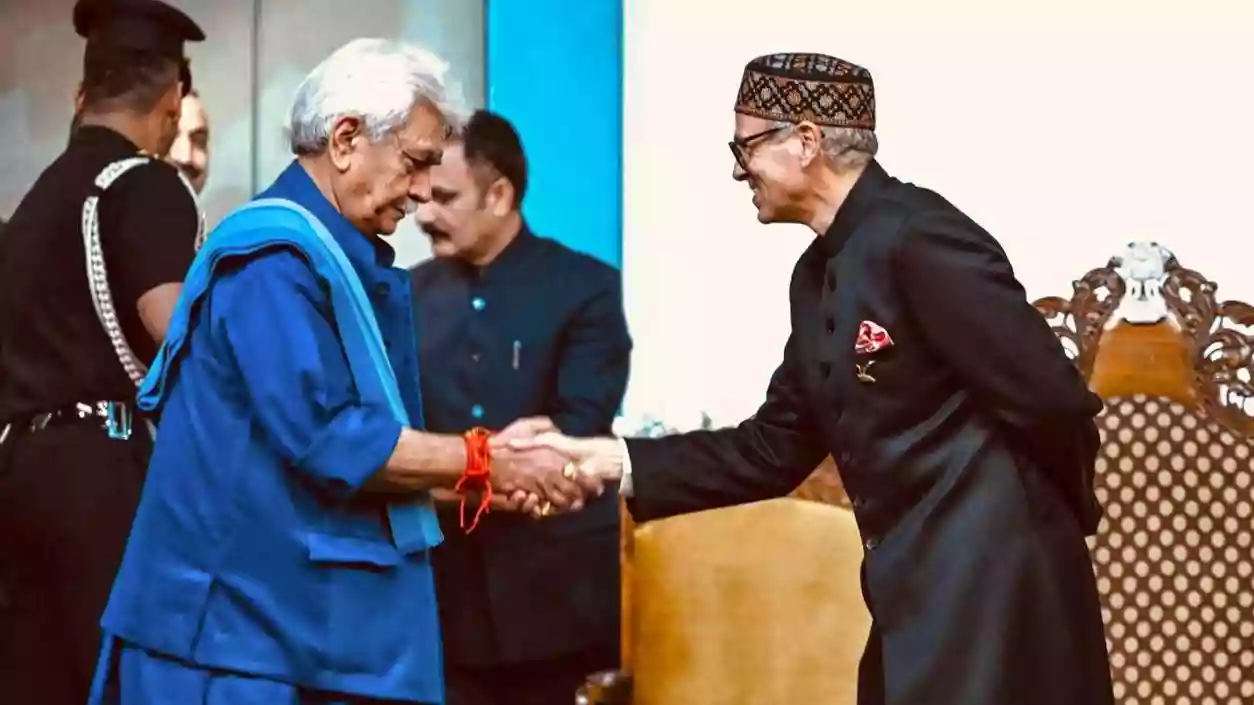2 arrested as Gujarat family held hostage in Bengal over ₹15 lakh ransom for fake passports
.gif)
.gif)

On Saturday, Jammu and Kashmir’s Lieutenant Governor Manoj Sinha cleared a resolution passed by the cabinet led by Chief Minister Omar Abdullah, calling for the restoration of statehood to the Union Territory in its original form. This unanimous decision was made during a cabinet meeting held on Thursday, where Abdullah emphasized the need for political autonomy and local governance after the significant changes imposed in August 2019.
The spokesperson for the cabinet described the restoration of statehood as a critical step towards beginning a healing process for the people of Jammu and Kashmir. This move is aimed at reclaiming the constitutional rights of residents and protecting the unique cultural identity of the region, which has seen various administrative and political upheavals in recent years. The cabinet has empowered Chief Minister Abdullah to engage with Prime Minister Narendra Modi and other Union ministers to advocate for this restoration at the central government level.
In conjunction with the push for statehood, the cabinet also announced plans to summon the Jammu and Kashmir Legislative Assembly for its first session in Srinagar on November 4. During this session, the Lieutenant Governor is expected to address the assembly, further establishing a framework for local governance. The draft address for this inaugural session was presented to the Council of Ministers, highlighting the government’s intention to maintain a transparent legislative process and ensure effective communication with elected representatives.
However, the resolution has sparked controversy among various political factions. Parties such as the People's Democratic Party (PDP), People's Conference (PC), and Awami Ittehad Party (AIP) have criticized the resolution's focus solely on statehood while neglecting the restoration of Article 370 and Article 35A, which previously granted special status and protections to Jammu and Kashmir. Critics argue that the National Conference (NC) has deviated from its pre-election promises, which included a commitment to restore both statehood and constitutional protections.
Political analysts suggest that the forthcoming discussions between Abdullah and central leaders in New Delhi will be pivotal in shaping the future political landscape of Jammu and Kashmir. These negotiations could influence not only governance and administrative matters but also broader discussions on regional autonomy and identity, as the state seeks to redefine its relationship with the central government.